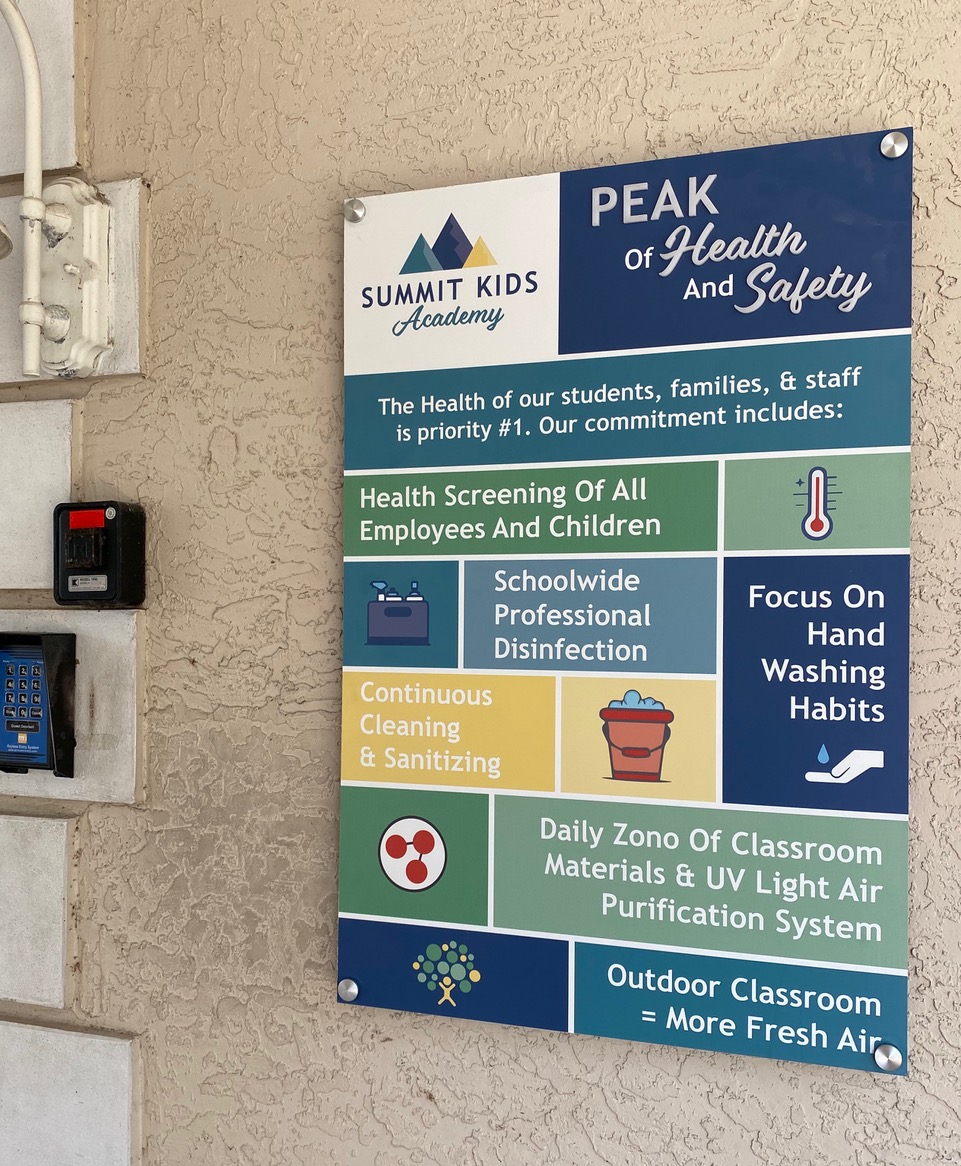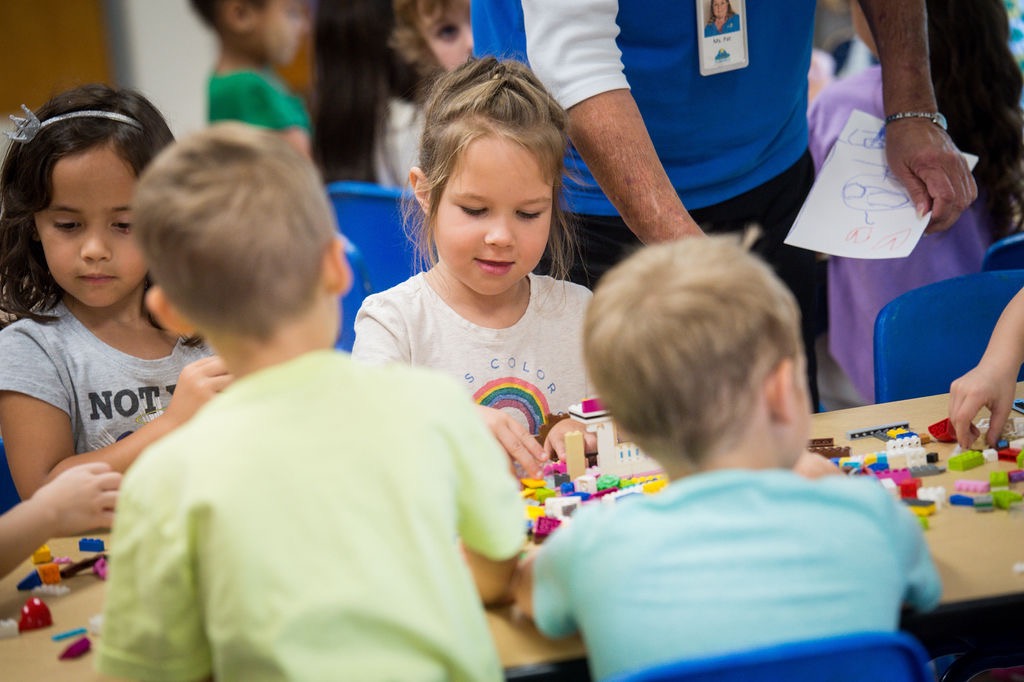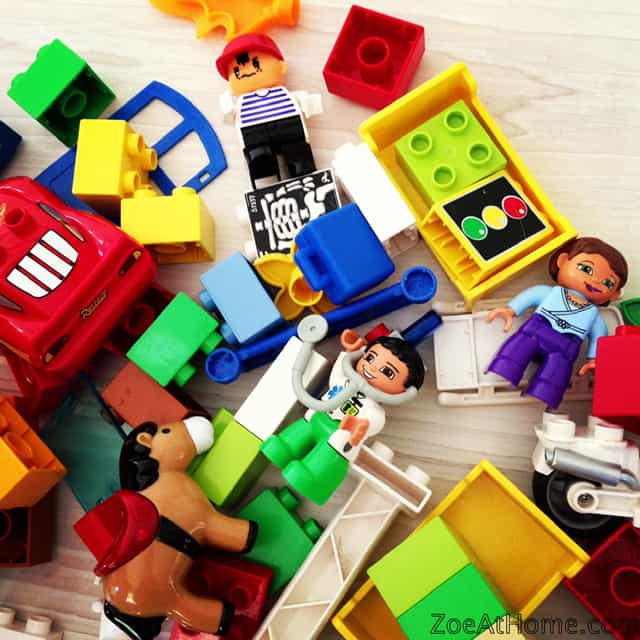Dear Parents, These certainly are challenging times. We have all been watching the news and seeing the number of cases across Florida rise. All of us at Summit Kids Academy are continuously working to meet this challenge and keep our center safe for our families and our teachers. We remain vigilant and committed to open communication with our families about …
COVID-19 Update – April 28, 2020
Thanks to the great support from our families, Summit Kids Academy remains open! Our teachers are grateful that in these times they are able to work with your children whether in class or virtually on Zoom and remain focused on implementing their lesson plans daily. Our administrative staff is focused on implementing all CDC and Palm Beach County Health Department …
A note to my Summit Kids Family
As we head into what many experts believe to be the ‘peak’ of the Coronavirus outbreak, I wanted to connect with our Summit Family and share some thoughts. We all are experiencing waves of emotion that crash in on us daily. Above fear, relief, panic, hope, frustration and loss, the one emotion for me that has eclipsed all others is …
COVID-19 Update
Dear Summit Family, We are writing you today to keep you informed on all updates and our status here at Summit Kids Academy. Our Summit family along with your family are living in uncertain times and we are navigating through as best as we can. Let me take a moment just to wish everyone positive feelings and remember that we …
How the Daycare Experience Differs for Infants Versus Preschoolers
Childcare centers meet the needs of children of a variety of ages, and must put a great deal of thought and effort into the spaces necessary for infants versus the spaces needed for a preschool classroom. You may find, as you visit daycare centers and as your own children grow from infancy into the preschool years, that their classrooms evolve, …
Focusing on Nutrition: How Summit Kids Academy Promotes Lifelong Healthy Eating Habits
If you’re concerned about your family’s nutrition, you may have heard the term “clean eating” in your searches for healthy meal plans and ingredients. What is clean eating? Clean eating is a way of looking at the ingredients you put into your body and choosing only whole, unprocessed, and mainly plant-based ingredients. Unrefined and unprocessed grains, flours, and sugars, as …
The Effect of Afterschool Arts Programs on Young Children
As any family with a child enrolled at Summit Kids Academy knows, a well-rounded approach to education is integral to everything we do. Summit believes that the hours children spend in its afterschool program are precious. After examining the research on afterschool arts education programming, Summit has landed on an arts focus in its own afterschool programming for young children. …
What Makes a Daycare Program “The Best”?
From the moment parents discover that they are going to have their first child, their thoughts turn to quality childcare. Parents, naturally, want the very best for their children, from the nutritious food they eat to the activities they’re involved in, and, of course, the daycare center they are enrolled in each day. Your child’s daycare will become a significant …
Using the “Why” Phase to Promote Conversation with Your Young Child
By the time your young child turns three years of age, he may begin asking you “why” in response to nearly everything you tell him. It can be a long phase, and one that is exhausting for many parents. However, these “why” questions often show general interest in topics, and can be a great way to foster stimulating and ongoing …
Taming Toy Clutter: How to Organize Your Home’s Toy Collection
Do you find yourself looking around at your child’s toy collection and becoming stressed out about the amount of toys in your home, and the fact that they are poorly organized? Are your kids constantly losing toys, or making huge messes without any clear idea of how to clean everything up? First, find a special spot for each favorite toy. …







